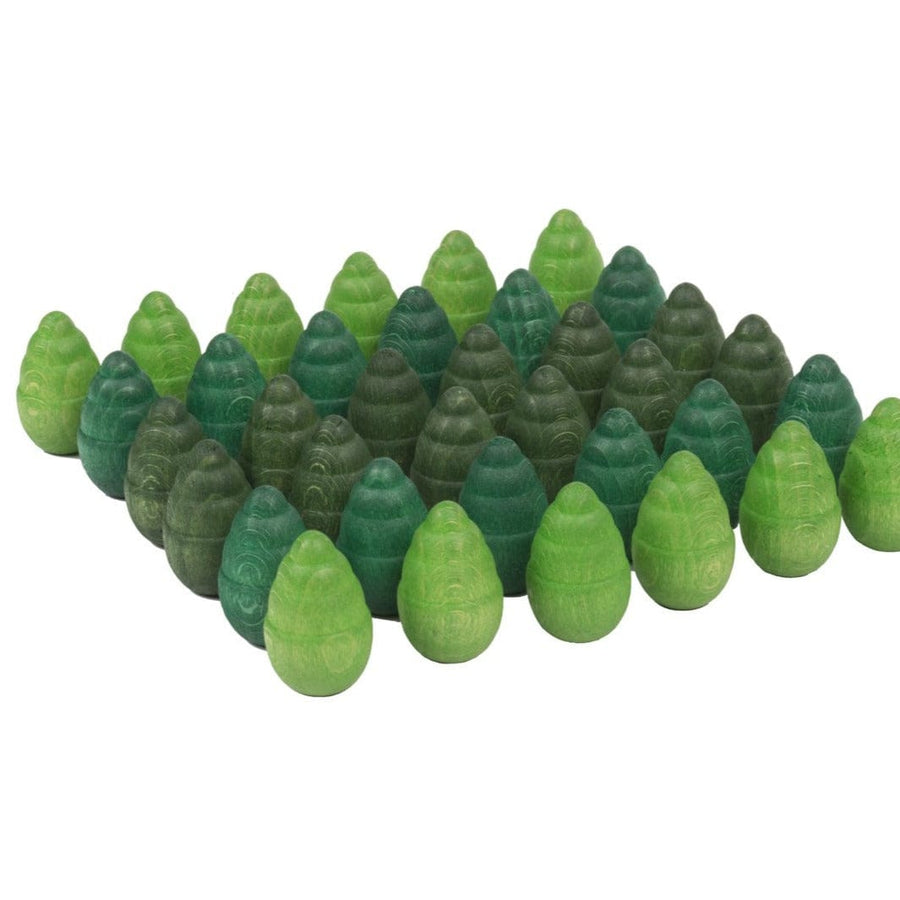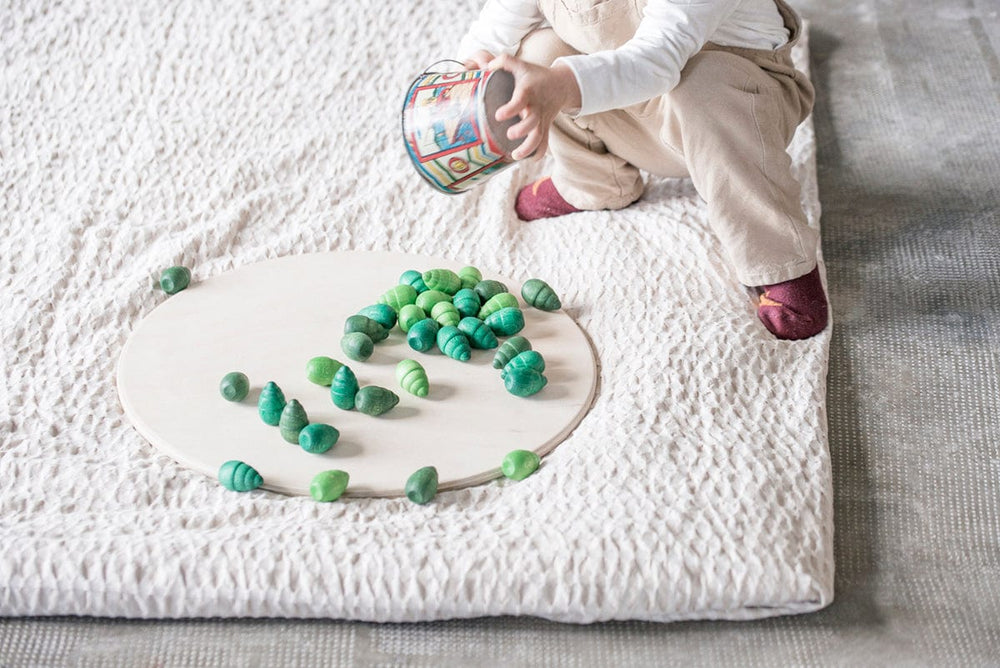How to Set Sustainability Goals You Can Stick To
Are you trying to reduce your environmental impact and live a bit more sustainably? It can be hard to stick to new habits right?!
If you're having trouble setting realistic goals and sticking to them then I can help! I've made a lot of lifestyle changes over the past few years and I've found the SMART goal method works well to help break down big goals into small achievable steps.
SMART stands for:
Specific – Get specific about what you want to achieve, reduce or change.
Example ‘ I want to reduce our food waste at home’.
Measurable – Make this measurable and quantifiable.
Example ‘I want to cut our food waste by half’
Achievable – Make it realistic.
Is this something you can achieve realistically within a set time frame or are you aiming too big? If your goal isn't achievable you might give up and feel it’s too hard. It’s ok to set small goals and make them bigger as you progress. For instance aiming to cut food waste by 50% rather than completely eliminating food waste.
Relevant – Is it relevant?
For instance, is it likely to have a significant impact for the effort you’ll need to put in? If you have limited time and energy, make sure that the goal fits with your 'why' and pick the goals you feel most strongly about as you're more likely to stick to it.
Timely – Set a time frame to achieve your goal and make this realistic so that you can stick to it.
Example - you might decide to give yourself a month to cut your family’s food waste by half so you have time to adjust and make the change gradually. Alternatively, if your goal relates to eating a plant-based diet you might decide to set a time frame of two weeks so that it doesn’t seem like a long time to give something up. If the two weeks goes well you could extend it or just choose to then incorporate more plant based meals into your diet going forwards.
An example SMART goal

Five things to help you stick to your goals or lifestyle changes.
- Use a calendar to mark the days you want to do certain things and tick them off as you go. Our brains like to see a pattern of those ticks. We don’t want to see a gap on the calendar so we’re more likely to stick to the habit.
- Reward yourself! Time is a great reward for busy parents so give yourself half an hour uninterrupted with a book and a coffee or whatever you most enjoy.
- Stay motivated by reminding yourself why you're making these changes. Reconnecting to our 'why' or purpose can be useful to boost motivation. For many parents their children are the reason to live more sustainably so reminding yourself of your purpose helps to stay on track.
- Go public with your goal to help to keep you accountable. Post on social media, tell your kids (who are sure to hold you to it!) or get an accountability buddy and motivate each other.
- Find like-minded people to connect with. Join a free FB group like the Smallkind Hub to connect with other people who are on the same path or chat to your friends with shared goals.
How to break down big goals.
Focus on one small goal at a time and make the new habits stick before making more changes. Start off with the thing that might make the biggest difference in your life or choose something that will be the easiest to boost your motivation and then go from there.
So why not grab a pen and paper and plan out your first SMART sustainability goal. Remember to make it realistic and do let me know how you get on.
Natalie 💛
If you're interested in making lifestyle changes and eco swaps but don't have time or headspace then our Eco Made Easy membership can help. Join our community here








Leave a comment